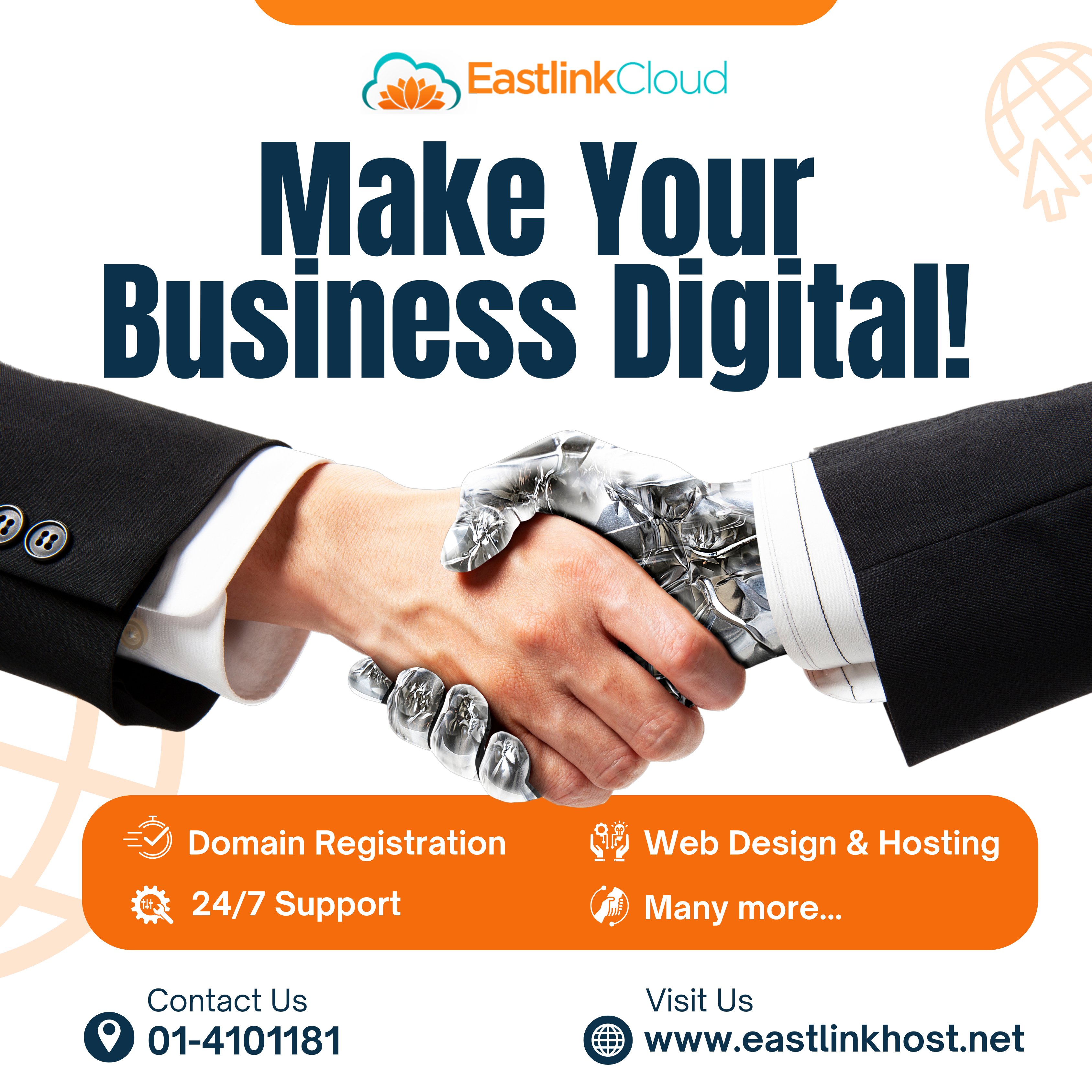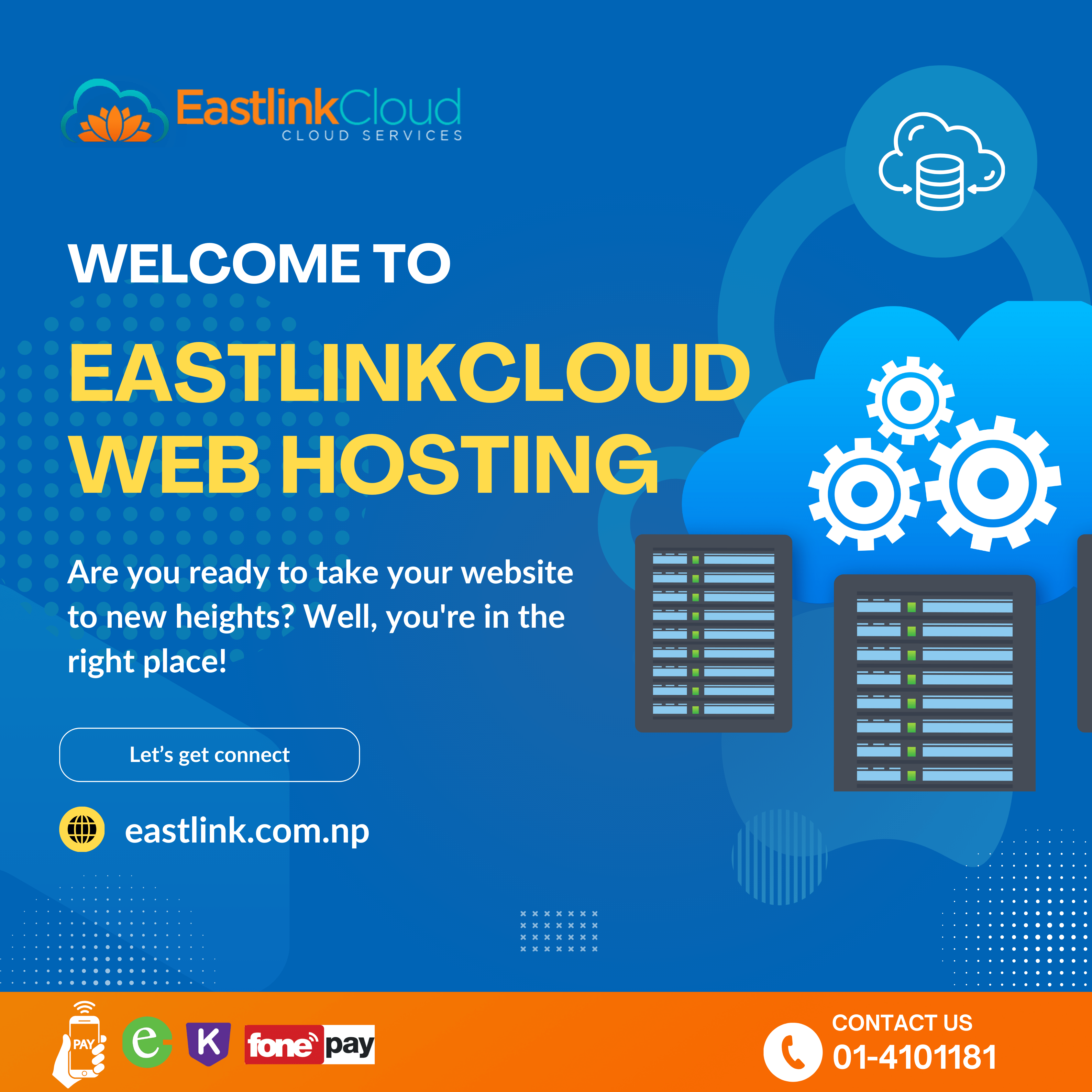The field of technology is ever-changing with new inventions and products being released for the ease of consumers. When it comes to the data storage industry, we have seen the transition from magnetic tapes to solid-state storage. For Desktop, Laptops and Servers particularly, there has been an increased shift from HDD (Hard Disk Drive) to SSD (Solid State Drive).
What is Solid State Drive (SSD)?
SSD stands for Solid State Drive. This storage device uses flash memory to store data. ‘For the ease of understanding, you can think of USB flash drives. Unlike HDD, in Solid State Drive you have no moving parts, thus your disk doesn’t heat up, it consumes less energy and is able to read and write data at a faster speed.

Why Choose Dedicated SSD Servers for your Business?
1. Powerful Configuration for High-performance: With our high-performance servers, you can easily host any resource-intensive website or application! To accommodate numerous processes, critical applications and high website traffic, our Dedicated SSD Servers come with powerful SSD storage, the latest Intel Xeon D 2141 I processor along with up to 64 GB DDR4 high memory servers.
2. SSD Storage for Increased Efficiency: With SSD storage, you have the advantage of increased efficiency and a tremendous performance boost.
3. Root access for complete control: With our Dedicated SSD Hosting, you get full root access of your server. With the help of the integrated Server Administration Panel, you can customize your server environment to suit your website needs. You can Rebuild, access Web-based VNC, Restart, Shutdown and Monitor resources easily.
4. Choice of Hosting Panels: With Dedicated SSD, you can choose to administer all your websites with either of the two best hosting panels – cPanel or Plesk.
Along with this, our SSD Dedicated Servers come with:
- Integrated Server Administration panel
- High Memory Servers (up to 64 GB DDR4)
- Easy cPanel and Plesk installation
- cPanel with WHM Control Panel
- Secured Server with IPTables Firewall
- Unlimited POP3 Email Accounts with SMTP
Pros and Cons of SSD
Pros of SSD:
- Speed: As SSD uses flash memory, and fewer moving parts the speed at which your device works or website loads is much faster.
- Reliable: Less moving parts is directly proportional to less breakage or wear out of the SSD. Thus, SSD’s are more efficient when it comes to saving energy and are more environmentally friendly.
Cons of SSD:
- Costly: Being a fairly new technology as compared to HDD, SSD is expensive even though they deliver exceptional performance.
- Storage: Storage capacity here is again linked to the cost. Unlike HDD, SSD’s are expensive and so getting the same amount of storage capacity as that in HDD can cost you a bit more than you might have expected.









